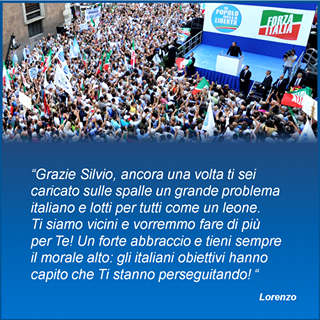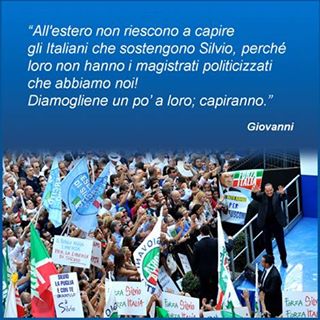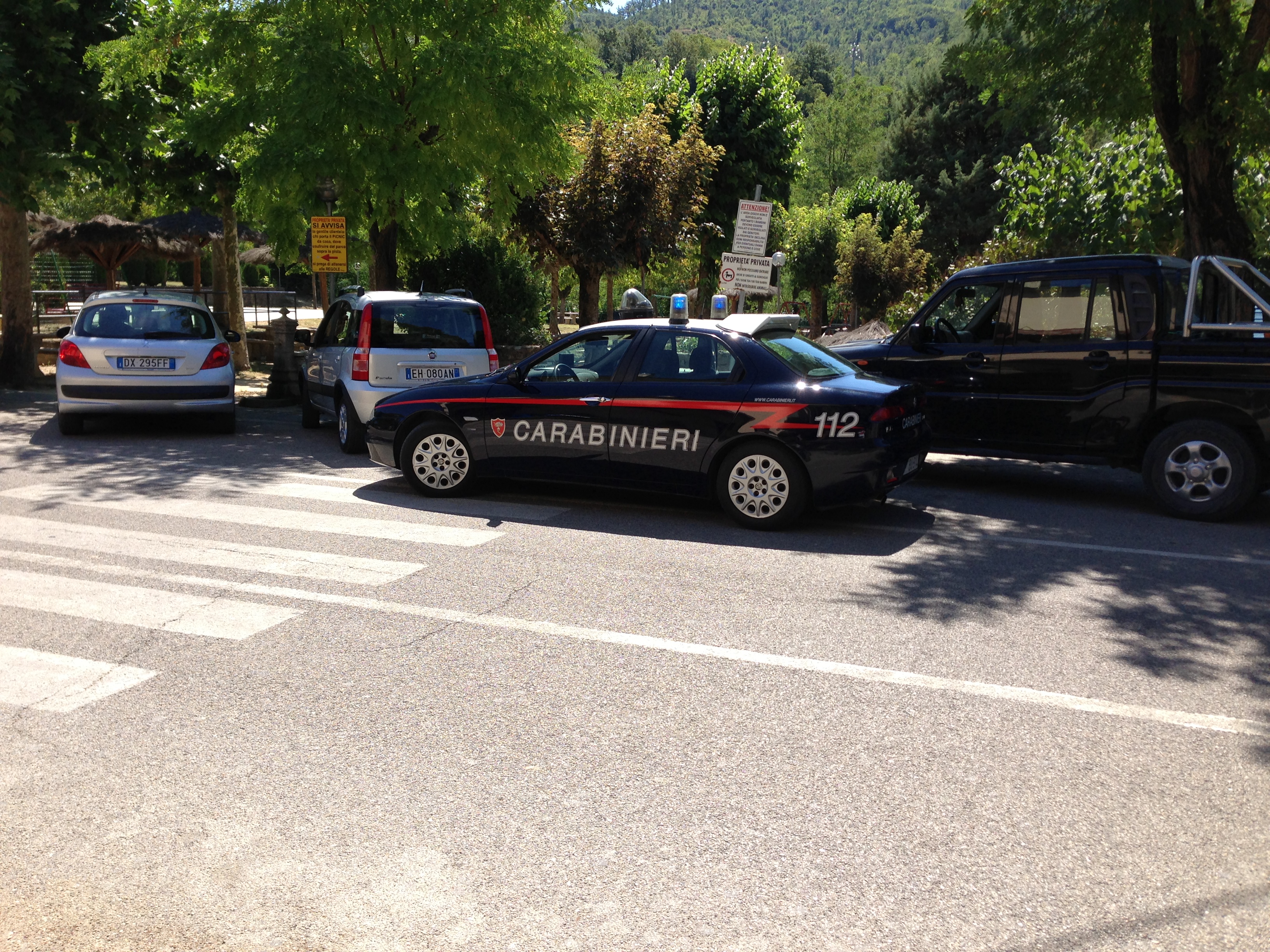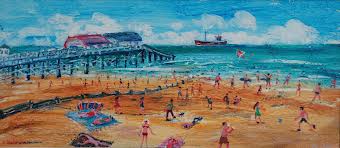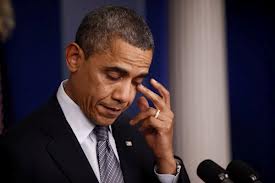In my neighborhood, near the Lama Temple, the men and women in fluorescent orange jumpsuits work for the district sanitation department. Many are migrant workers from the countryside; they sweep the alleys, clean the public restrooms, and collect the trash. Some wear straw farmers’ hats that cast a shadow across their faces, and, I admit, the matching uniforms make it difficult for me to keep them straight. I don’t know if there are three of them or thirty.
One afternoon not long ago, I was chatting with my next-door neighbor, a retiree named Huang Wenyi—a proud Beijinger, born and raised—when one of the sweepers in an orange jumpsuit wandered by. He had tousled hair, sun wrinkles around his eyes, and a smile of jumbled teeth. He approached and pointed to a gray flagstone at our feet. “Can you see the emperor on that rock?” the sweeper asked.
I thought I’d misheard. He said, “I can see an image of the emperor right there on that rock.”
Huang and I looked at the rock and back at the sweeper. Huang was not interested. “What are you bullshitting about?” he asked. “You have no idea what you’re talking about.”
The sweeper smiled and asked, “Are you saying you think I’m not a cultured man?”
“What I’m saying,” Huang said, “is that you’re not making sense.”
The sweeper gave him a look, and turned, instead, to face me. “I can look at anything, and pull the essence from it,” he said. “It doesn’t matter how ordinary something is; in my eyes, it becomes a treasure. Do you believe me?”
Huang was irritated: “Old man, I’m trying to have a chat with our foreign friend here. Can you not disturb us, and go back to your work?”
The sweeper kept talking—faster now, about ancient Chinese poetry, and the great modern writer Lu Xun—some of it too fast, and the references too obscure, for me to understand. He sounded somewhere between interesting and bonkers. Huang had had enough, and he poked fun at the man’s countryside accent. “Come back after you’ve learned to speak Beijing dialect,” he said.
Under his breath, the sweeper said, “As long as it’s a dialect of human beings, it’s legitimate.” But Huang didn’t hear him. He’d waved him away and wandered into his house.
I introduced myself. The sweeper’s name was Qi Xiangfu. He was from Jiangsu Province, and he said he had come to Beijing three months ago. Why did you come, I asked.
“To explore the realm of culture,” he said grandly.
“What kind of culture?”
“Poetry, mainly. Ancient Chinese poetry. During the Tang Dynasty, when poetry was the best, every poet wanted to come to Chang’an,” he said, invoking the name of the ancient capital, the predecessor to Beijing. “I wanted a bigger stage,” he said. “It doesn’t matter whether I succeed or fail. I’m here. That’s what matters.”
It was getting late; before I went inside, Qi said he had competed in poetry competitions. “I won the title of ‘Super King of Chinese Couplets.’?” In his spare time, he had taken to hosting an online forum about modern Chinese poetry. “You can go online and read about me,” he said.
That night, I typed his name into the Web, and there he was: Qi Xiangfu, the Super King of Chinese Couplets. In the photo, he was handsomely dressed in a bow tie and a jacket; he looked young and confident. Chinese poems are hard for me to understand, and many of his, especially, were impenetrably weird. But I appreciated some moments of grace: “Earth knows the lightness of our feet,” he wrote. “We meet each other there?/?Between heaven and earth.”
To my surprise, the more I searched about Qi Xiangfu, the more I found of a life lived partly online. He once wrote a short memoir, in which he described himself in the third person, with the formality usually reserved for China’s most famous writers. He wrote that his father died young, and Qi was raised by his uncle. He wrote, of himself, “The first time Qi read Mao’s poem ‘The Long March,’ he resolved that Mao would be the teacher to show him the way. Later, he studied the poetry of Li Bai, Du Fu, Su Dongpu, Lu You, and others, and he made a promise to himself: Become a master of literature.”
He described the first time he ever presented one of his poems to a large group—it was played on a speaker at a construction site—and he described a bus trip in which he met, as he put it, “a girl who sympathized.” They married and it “ended his life of vagrancy.” There were hints of trouble in his life—at one point, he wrote a plea for donations, saying, “Alas, Comrade Qi is having a difficult time”—but something in the spirit of his online persona captivated me.
So much of it was impossible just a few years ago: the journey to the city, the online identity, the interior life so at odds with the image he projected to the world. When I first studied in China, seventeen years ago, the Internet was only a distant rumor. It had reached China two years earlier, but hardly anyone had access. When I brought a modem from the U.S., and tried to plug it into my dorm-room wall in Beijing, the machine emitted a sickly popping sound and never stirred again.
When I moved to Beijing, in 2005, to write, I was accustomed to hearing the story of China’s transformation told in vast, sweeping strokes—involving one fifth of humanity, and great pivots of politics and economics. But, over the next eight years, some of the deepest changes in the lives around me have been intimate and perceptual, buried in daily rhythms that are easy to overlook. A generation ago, foreigners writing about China marvelled most at the sameness of it all. Chairman Mao was the “Emperor of the Blue Ants,” as a memorable book title had it. But in my years in China, I have been seized most of all by the sense that the national narrative, once an ensemble performance, is splintering into a billion stories.
Living in China at this moment, the stories bombard you with such fantastical vividness that you can’t help but write them down and hope to make sense of them later. Writing about China, in The New Yorker, for the past five years, I’ve tried to capture something of this age, to grab a few of these stories out of the air before they slip by. The complexities of individual lives blunt the impulse to impose a neat logic on them, and nobody who stays here for some time remains certain about too much for too long. To impose order on the changes, we seek refuge, of a kind, in statistics. In my years here, the number of airline passengers nationwide doubled; sales of personal computers and cell phones tripled. The length of the Beijing subway quadrupled. But the longer I stayed, the less those impressed me than the dramas that I could never quantify at all.
On Sunday, my wife, Sarabeth, and I are flying out. I’ll be on leave for the next couple of months, wrapping up a book about a few individuals I’ve come to know in China. It will be published next spring, and I’ll be saying more about that later. I’ll resume writing for the magazine this fall, based in Washington, D.C. China is not leaving my blood stream; I’ll be back to write pieces, and, in between, I’ll be writing at Daily Comment and elsewhere about how China looks from afar.
Since we
launched this blog, in January of 2009, I’ve written about five hundred posts. This will be the last for a while, and I want to thank you for visiting over the years. There will be much more to come on China on this site, and in the magazine, so I won’t pretend to sum things up. For now, I’ll mention only the fact that returns to me more often, perhaps, than any other: never in modern history has China been more prosperous and functional and connected with the world—and yet, it is the only country in the world with
a winner of the Nobel Peace Prize in prison. Contradictions like that have been the essence of this moment.
After I met the street sweeper Qi Xiangfu, I started bumping into him frequently. We swapped phone numbers, and he would send me a poem, now and then, by text message. He typed out the characters on his phone, with the help of a magnifying glass to aid his eyes. Many of his poems were heavy with Communist fervor; others were oracular and strange. But I sympathize with anyone trying to make sense of this place in writing, and I admired his persistence. “I’ve experienced every kind of coldness and indifference from people,” he told me once, “but I’ve also given myself knowledge, all the way up to the university level. I don’t have a diploma. People look down on me when they see me.”
A few weeks ago, Qi told me he had been reassigned to the sanitation department in another part of town; he said he would come back when he could. The last time I saw him, he wasn’t wearing his uniform; he was in street clothes—a crisp white shirt and a black jacket—on his way to see his daughter who worked at a restaurant nearby. He had a book under his arm: “Ten Contemporary Authors of Prose.” For the first time, I saw the two personae, online and real-world, in one. What inspires you, I once asked him.
“When I write,” he said, “anything becomes material. In life, I must be practical, but when I write, it is up to me.”
Photograph, of Evan Osnos and Qi Xiangfu, courtesy of Osnos.
…
2. Next, a bit of Australian fun. A Kath and Kim movie came out last year. It got terrible reviews, so don’t go see it. However this appearance on Sunrise is pretty funny. Seems like good background to the Ashes series. [youtube=http://www.youtube.com/watch?v=cH_DfTVN1Vo]
…
…
4. Now something serious. Christopher Wood, one of the best (perhaps the best) equity analyst in east Asia, doesn’t like his weekly missive reposted. So I am just going to quote a couple of bullets about the income distribution effects of the QE approach to stabilising the global financial crisis.
I was banging on about the same thing soon after the crisis hit in 2010 and the QE started:
<The practical way unconventional monetary policies work is to lead to ever more extreme wealth distribution. Wealth distribution would have become much less extreme as a consequence of the 2008 crisis if losses had been imposed on creditors to bust financial institutions in line with capitalist principles, as opposed to the favoured ‘bailout’ approach pursued for the most part by Washington. The ‘great reckoning’ has been deferred to another day as the speculative classes have continued to game the system by resort to carry trades actively encouraged by the Fed and other central bankers. The leverage taken on in such trades is highly risky because of the underlying deflationary trend.>
…
…
6. Looking at the Stephens’ canon, I see a piece from June (sub needed)
making the case for shutting down the UK Treasury. It would save money and get rid of dangerous incompetents whose follies we, the taxpayers, must finance. I would just add that in shutting the Treasury to save money, government could also shut the Foreign Office, another black hole of self-regarding incompetence. George Osborne is right that we should not waste money. Mainly on people he went to school and university with.
…
7. Finally, this looks like something useful to do if any UK university students read this blog:
Hi there, My name’s Jonathan Goggs – I’m from an organisation called Team Up, who are establishing a student committee at Cambridge for 2013/14. I would very much appreciate it if you, or one of your colleagues, could circulate the following blurb into an email to all students in the business school, including the enclosed attachments as well. Do let me know if there are any questions from students by responding to this email, or copying me in. “Team Up is passionate about improving social mobility and transforming the prospects of bright young people and we are looking for outstanding university students from Cambridge to join one of our accredited leadership programmes next year. You will be trained in the highly sought-after professional skills to make a genuine difference and empower young people in your community to academic excellence. We believe in developing our university students to foster the skills they need to tackle the UK’s biggest social problem (social mobility) and secure exceptional careers. That’s why, once we’ve processed your application and conducted a short interview, we’ll be running master classes and networking opportunities, in partnership with leading businesses and charities, to give you the tools to lead, inspire and excel. The programme runs for 20 weeks, alongside your degree, and an overview of the year is attached, together with descriptions of the roles you can apply for. Last year our programme partners were Teach First and Bank of America Merrill Lynch and next year we will be partnering with even more organisations in management consultancy, education, social enterprise and finance. Places are competitive, so early applications are encouraged. Over the past two years we’ve received over 2,000 applications and some incredible student feedback – 9 out of 10 students said they enjoyed the programme. At Team Up, we think it’s a tragedy that so many young people are still disqualified from leading universities like Cambridge and fulfilling careers, because they come from low-income, socially disadvantaged backgrounds. If you think the way we do, we’d love to hear from you. To apply,
click here.” Kind regards, — Jonathan Goggs Programme Officer | Team Up 18 Victoria Park Square, Bethnal Green, LONDON | E2 9PF E:
[email protected] | W:
www.teamup.org.uk





